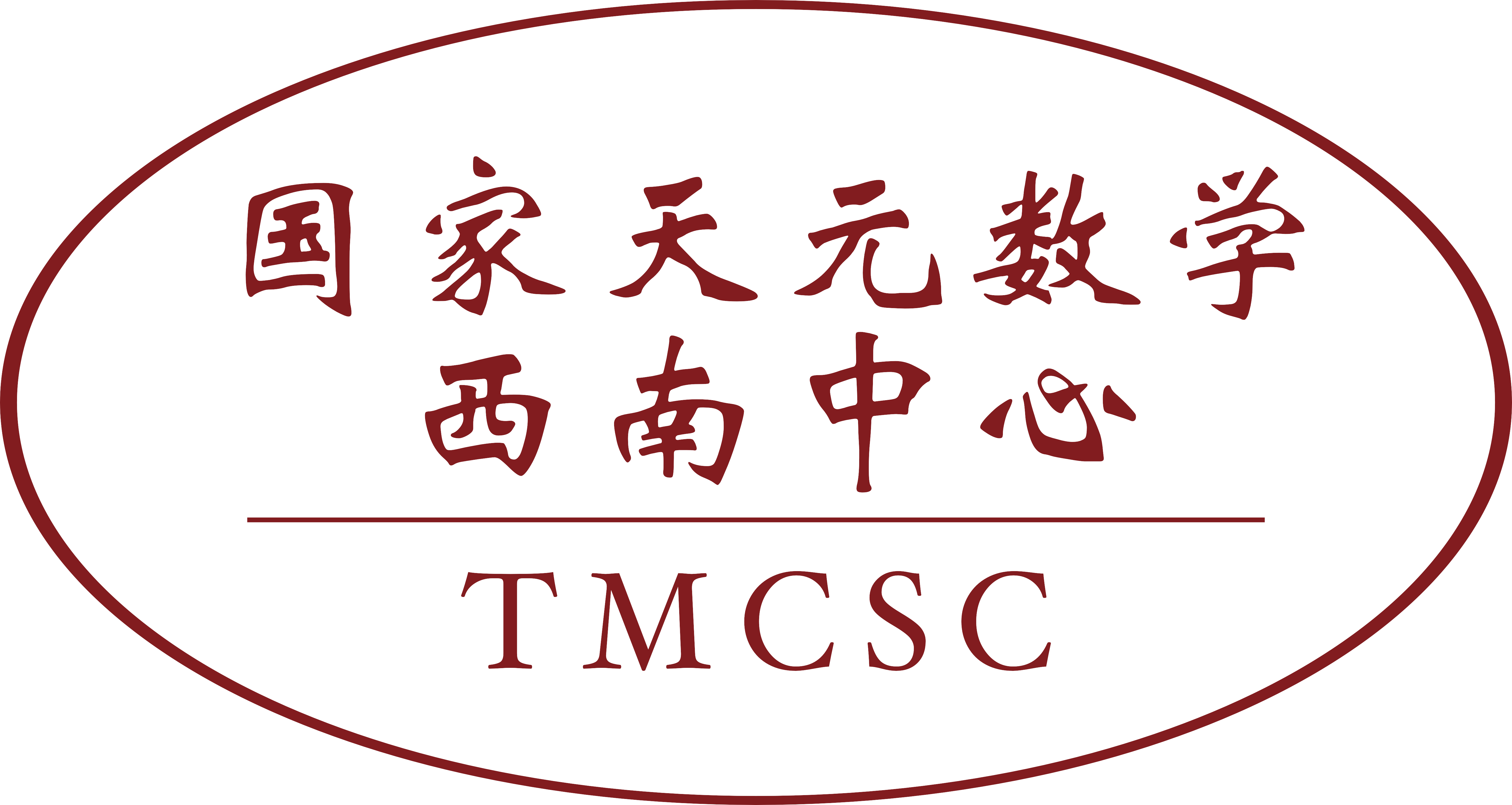The introduction to numerical methods for subdiffusion equations
[TMCSC]
Dec 08-18, 2020
腾讯会议(线上)
ID: 678 3476 2204 Password: 202020
![[minicourse]张继伟201208-18-02.png [minicourse]张继伟201208-18-02.png](http://tianyuan.scu.edu.cn/upload/default/20201201/%5Bminicourse%5D%E5%BC%A0%E7%BB%A7%E4%BC%9F201208-18-02.png)
SPEAKER
张继伟(武汉大学)
ABSTRACT
This short course will first introduce the history of fractional calculus, and present a fast algorithm for the Caputo derivative based on the Sum-of-exponentials (SOE) approximation technique. After that, we introduce the numerical analysis for reaction-diffusion equations with variable time step by taking the widely used L1 scheme for an example. For the stability analysis, the discrete complementary convolution (DCC) kernels are introduced to prove the discrete fractional-type Gronwall inequality. For the convergence analysis, the goals are theoretically challenging because the numerical Caputo formula always has a form of discrete convolutional summation. To circumvent this difficulty, an error convolution structure (ECS) analysis is proposed to express the consistence error for the discrete Caputo formula, which can significantly reduce consistence analysis for general nonuniform time steps. In addition, the technique here is also useful to extend the knowledge to study multi-step schemes such as BDF2 with variable time step for integer-order parabolic equations.
SUPPORTED BY
国家天元数学西南中心
四川大学数学学院
